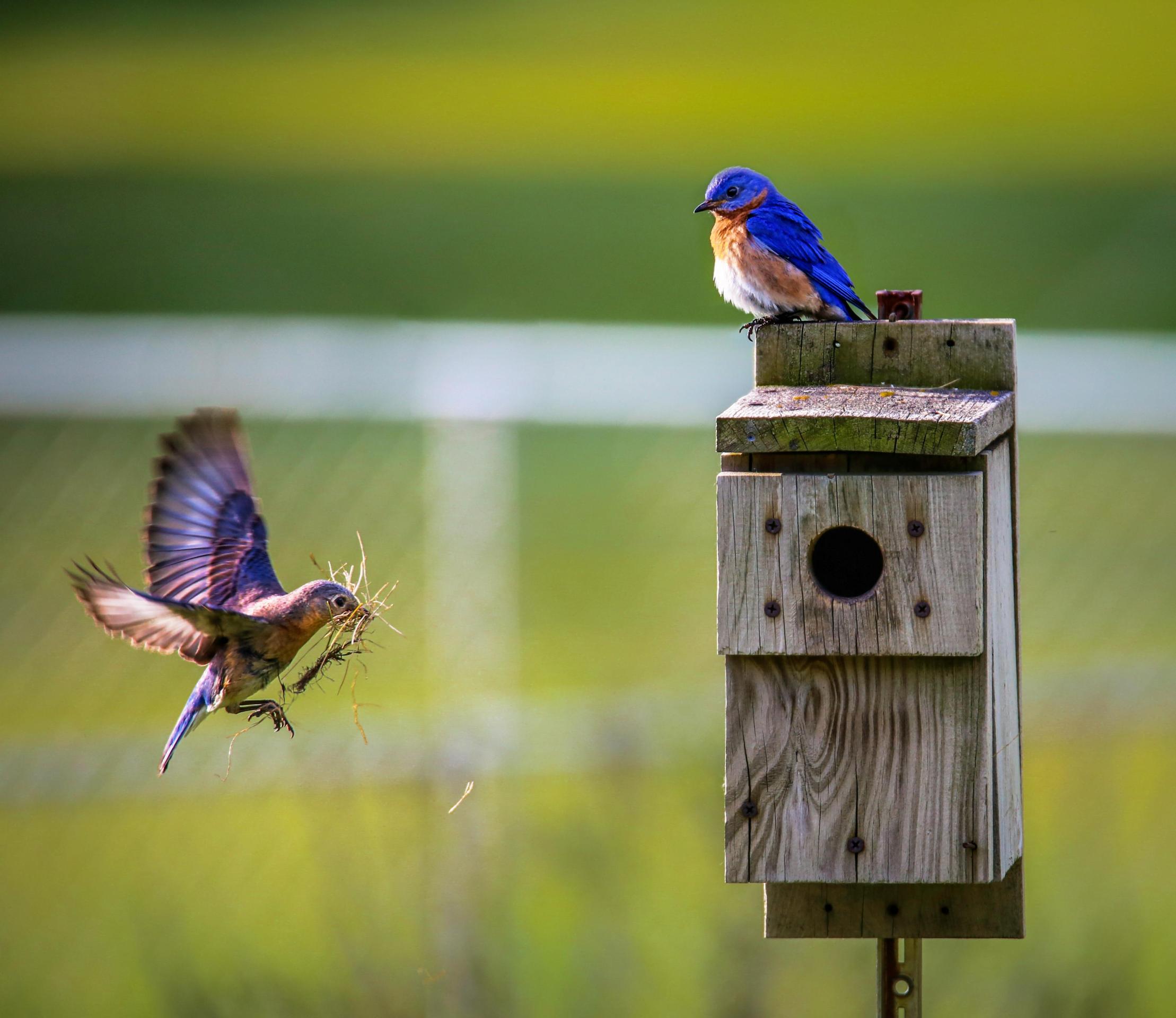Inviting birds into your backyard can bring joy, color, and life to your outdoor space. However, feeding birds properly is essential to ensure their health and safety. Here’s a helpful guide from Ingleside Animal Hospital on how to create a bird-friendly environment in your backyard.

1. Choose the Right Bird Food
Different species of birds prefer different types of food. To attract a variety of birds, consider offering these options:
-
Black-oil sunflower seeds: A favorite for many bird species, including cardinals, finches, and chickadees.
-
Suet: Great for woodpeckers, nuthatches, and other insect-eating birds.
-
Nyjer (thistle) seeds: Perfect for attracting finches and sparrows.
-
Millet: A good choice for ground-feeding birds like doves and juncos.
-
Fruit and nectar: Ideal for orioles and hummingbirds.
2. Provide Clean Feeders
Cleanliness is key to keeping backyard birds healthy. Dirty feeders can spread bacteria and disease. Be sure to:
-
Clean feeders at least once a week with warm, soapy water.
-
Rinse thoroughly and allow feeders to dry completely before refilling.
-
Discard any moldy or spoiled food.
3. Offer Fresh Water
Birds need fresh water for drinking and bathing. Add a birdbath to your yard and keep it clean and filled with fresh water. During colder months, consider using a heated birdbath to prevent freezing.
4. Create Safe Feeding Areas
Place feeders in areas that provide some cover to protect birds from predators but are also visible so you can enjoy watching them. Ideal locations include:
-
Near trees or shrubs for quick escape.
-
At least 10 feet away from windows to prevent collisions.
5. Avoid Harmful Foods
Not all foods are safe for birds. Avoid feeding them bread, salty snacks, or sugary foods, as these can be harmful to their health. Stick to natural, bird-safe foods for the best results.
6. Be Consistent
Birds rely on consistent food sources, especially during winter months when natural food is scarce. Try to maintain a regular feeding schedule to help them thrive.
Bonus Tip: Plant Native Vegetation
In addition to feeders, native plants provide natural food sources and shelter for birds. Consider planting berry-producing shrubs, native flowers, and trees that attract insects for insect-eating birds.
By following these guidelines, you can create a safe and inviting space for birds to visit year-round. If you have questions about exotic pet care or how to keep your pets safe around backyard birds, contact Ingleside Animal Hospital for expert advice. Happy birdwatching!
If you have questions and you'd like to reach out to us, you can call us directly at (602) 833-7511, or you can email us at [email protected]. Don't forget to follow us on social media Facebook, Instagram.
